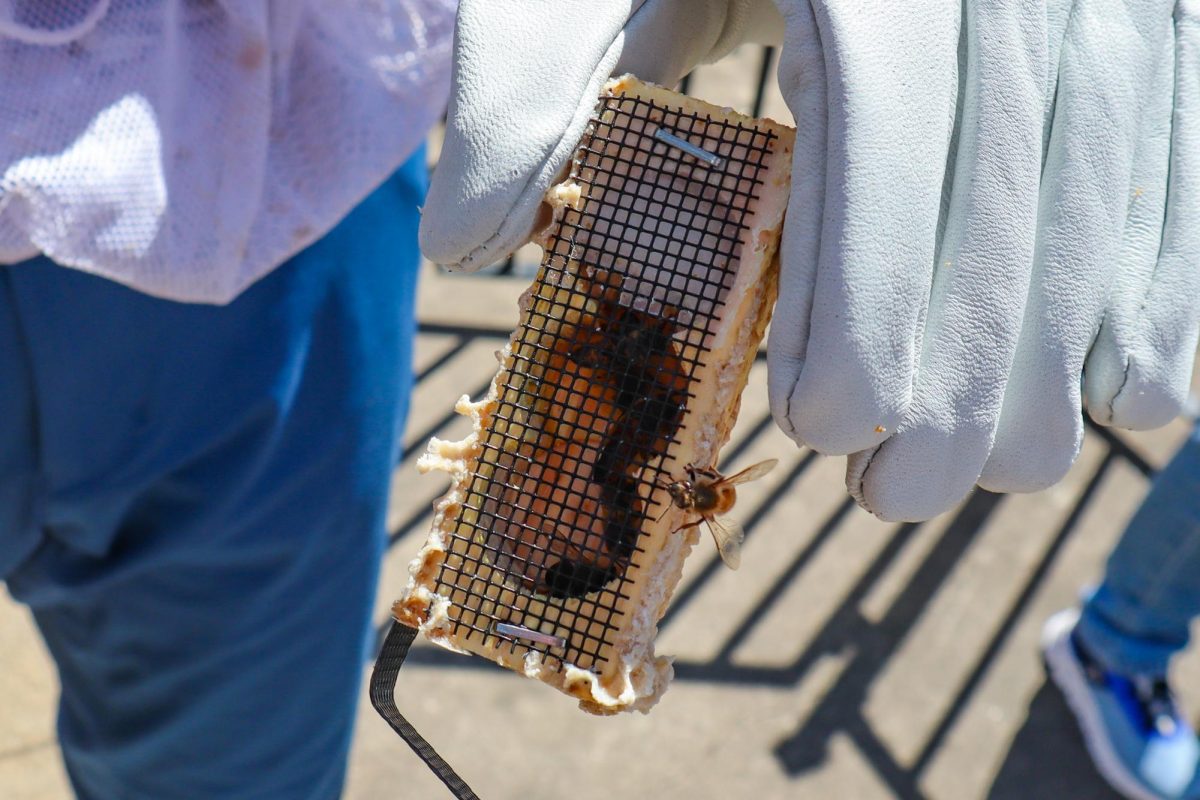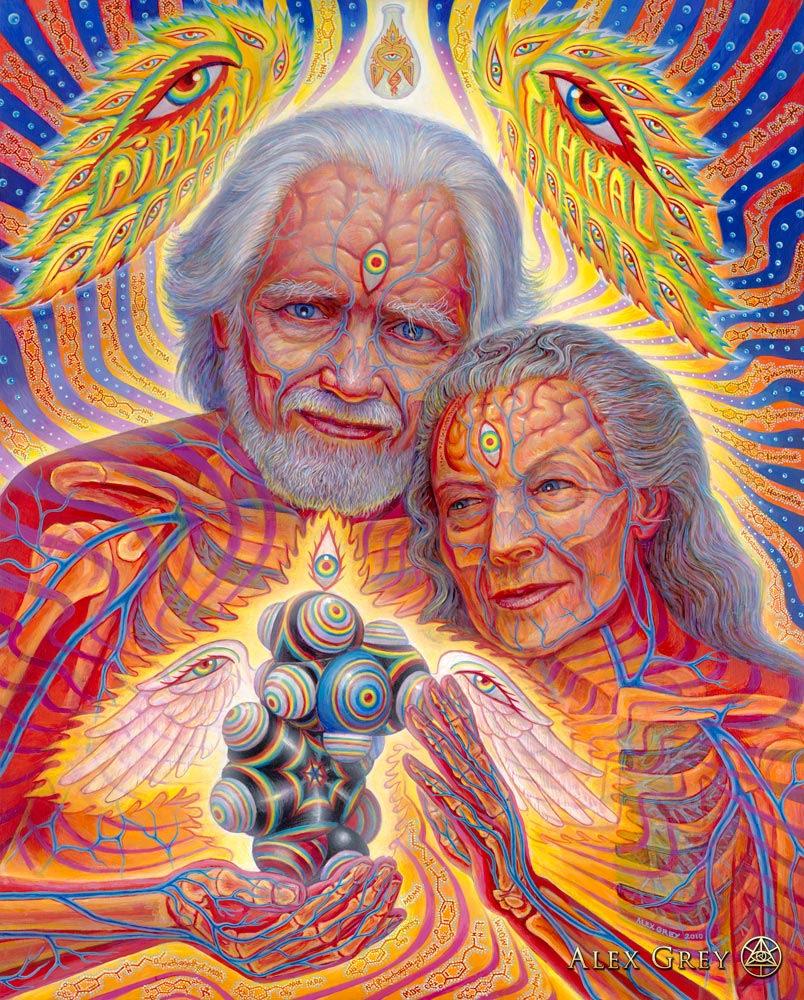By Maxim Tamarov, news editor
Alexander “Sasha” Shulgin, world-renown medicinal chemist known for creating a wide variety of psychoactive drugs and introducing MDMA (commonly referred to as ecstasy) as a psychopharmaceutical aid, died yesterday after struggling with liver cancer and various other health complications for several years, according to the Erowid Character Vault.
Shulgin’s research was controversial due to his experimentation on himself and his (consenting) friends and family with the MDMA analogs that he synthesized.
“You have to realize what I’m searching for, which is not for altering consciousness or for having fun or for enjoying this or for discovering that,” Shulgin said in an interview with Luc Sala in 1996. “I’m looking for tools that can be used for studying the mind.”
As a teenager, Shulgin began his studies of organic chemistry at Harvard University. During World War Two he served in the US Navy. After earning his PhD in biochemistry at UC Berkeley, Shulgin worked for Dow Chemical Company, according to an article by the BBC.
A discovery of a biodegradable insecticide earned him free research capabilities, which ended after a New York Police Department (NYPD) raid discovered $8 million worth of psychedelic substances in his laboratory. The bust led to Shulgin’s separation from Dow.

Over the last 50 years, Shulgin has experienced more than 4,000 psychedelic trips, according to an article in the Psychedelic Frontier, and tested hundreds of concoctions. But Shulgin was always a strong proponent of freely available information about psychedelic drugs. He has published two tomes, PIHKAL and TIHKAL (Phenethylamines/Tryptamines I Have Known and Loved), depicting both the story of his life and the precise methods to synthesizing the various empathogens and psychedelics he derived. The pharmacopeia was seen as cookbooks of illicit substances by the Drugs Enforcement Agency (DEA), which had attempted on multiple occasions to bust Shulgin’s legal research.
Shulgin earned the nickname “Godfather of ecstasy” because in the ’60s he introduced Oakland psychologist Leo Zeff to MDMA to support therapy. Zeff in turn introduced Shulgin to the psychologist that he eventually married.
“Thanks to all of you for your support all these years,” Ann Shulgin, the chemical pioneer’s wife, said in a Facebook post. “He was surrounded by family and caretakers and Buddhist meditation music, and his going was graceful, with almost no struggle at all.”
Image courtesy Alex Grey, creative commons














